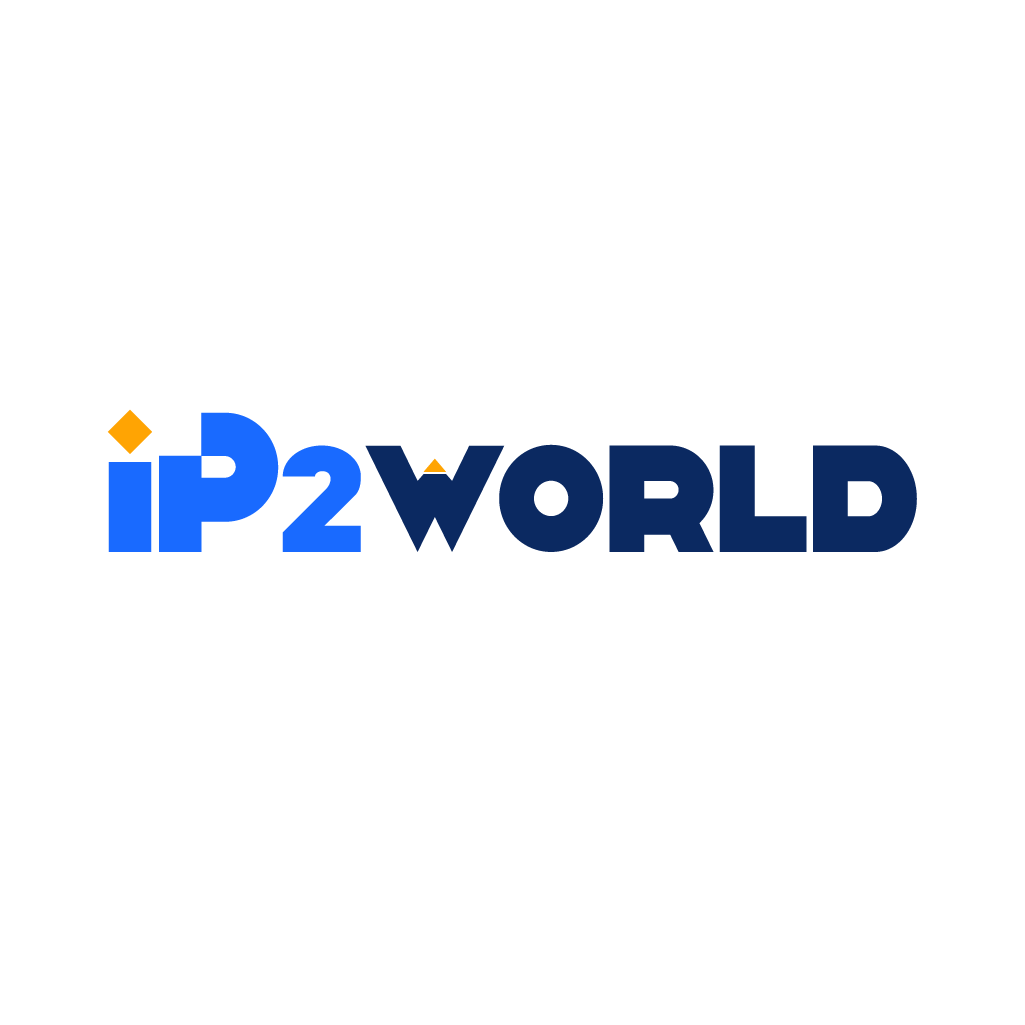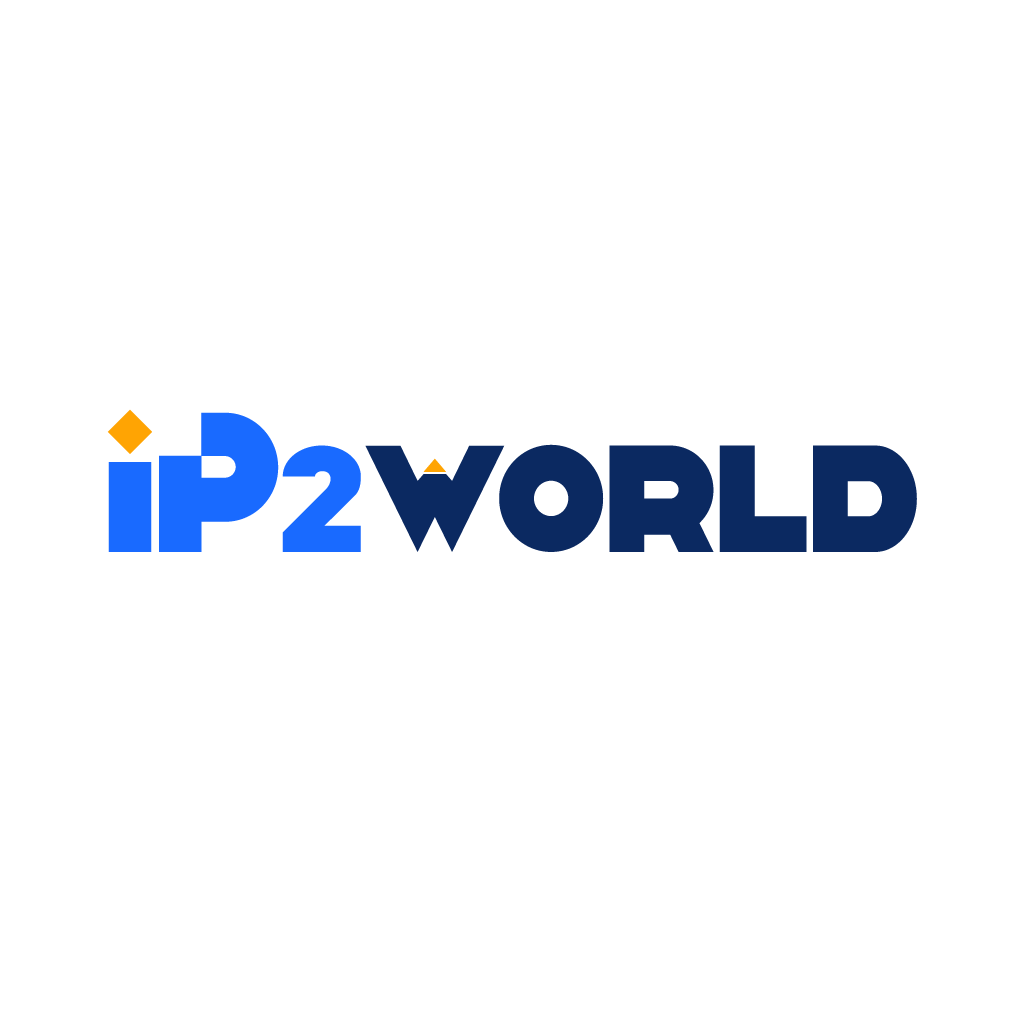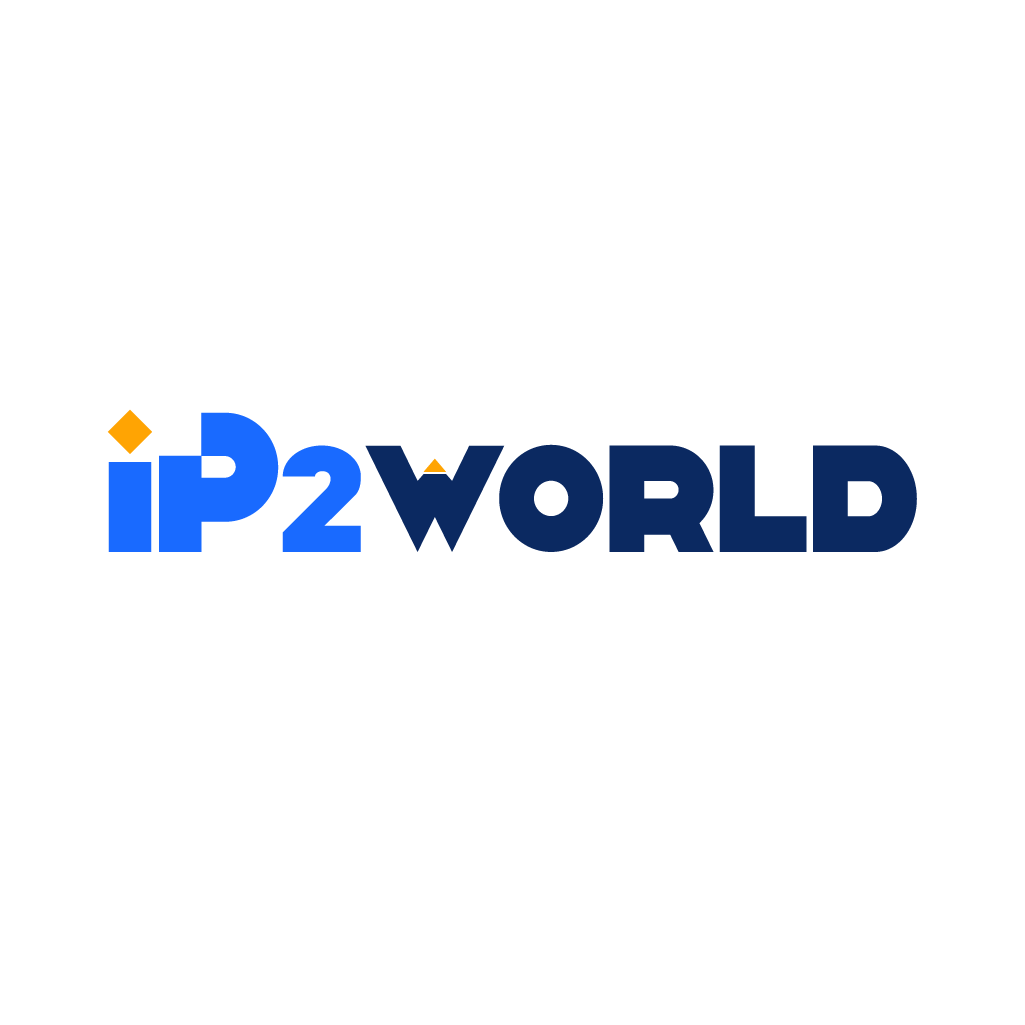Web scraping, also known as web data extraction, is the process of automatically collecting data from websites. With so much valuable data available online, web scraping has become an essential technique for gathering large amounts of information for business intelligence, research, data analytics, and more. In this beginner's guide, we'll cover the basics of web scraping and how to get started scraping data from the web as a novice. What is Web Scraping? Web scraping involves using tools and scripts to extract data from websites in an automated fashion. This data may include text, images, documents, prices, product details, reviews, news articles, and more. Web scrapers can rapidly gather large volumes of data from the internet that would take an extremely long time to collect manually. The scraped data is then exported into a structured format like CSV or JSON for further analysis. Why Scrape Data from Websites? Here are some of the top use cases of web scraping: - Price monitoring - Track prices for products across e-commerce sites. - Lead generation - Build lists of prospects from industry directories and forums. - Market research - Analyze trends, customer sentiment, reviews and discussions. - News monitoring - Scrape articles on relevant industry news and events. - Job listings aggregation - Compile job postings from multiple job boards. - Social media monitoring - Collect mentions, comments and conversations from social media. - Research - Gather data for academic studies and surveys. - SEO monitoring - Check keyword ranks, backlinks and domain authority. As you can see, web scraping has a very wide range of applications across many industries and domains. It opens up access to vast amounts of publicly available web data that can offer valuable business insights. Web Scraping vs Web Crawling While web scraping and web crawling are often used interchangeably, there are some differences: - Web crawlers simply browse and index web pages methodically. Web scrapers extract specific pieces of data. - Crawlers focus on discovering links and content. Scrapers parse structured data from a site's HTML. - Crawlers gather basic metadata from pages. Scrapers can extract complex nested data. - Search engines use crawlers to index. Scrapers are used to gather usable business data. So while crawling helps index websites, scraping extracts the data you actually need from site content. Building Your First Web Scraper Now that you know the basics, let's go through the steps to build a simple web scraper: 1. Identify your data source First, you need to find the website you want to scrape. Make sure it has the data you need and allows scraping. 2. Inspect the site Analyze the site's HTML structure and the arrangement of the data you want. Browser developer tools help. 3. Choose a web scraper Select a scraper tool like Python, R, Scrapy, Selenium, or ready-made scraping APIs. 4. Write the scraping logic Use CSS selectors and XPath queries to target the elements containing the data. 5. Extract and store data Parse the extracted data and export it into CSV, JSON or other structured formats. 6. Run the scraper Execute the scraper to begin collecting data from the site. Monitor for issues. 7. Refine and expand Improving the scraper by handling new data types, sites, edge cases, etc. Conclusion Web scraping is an invaluable technique to harness the vast amounts of data available online. For novice developers and analysts, this guide covers the key concepts and steps involved in building your first web scraper using common tools and programming languages. While basic scraping may seem straightforward, large scale production scrapers require dealing with issues like proxies, blocks, CAPTCHAs, and more. Still, with the fundamentals covered in this guide, you'll be equipped to start extracting web data.
2023-10-14



